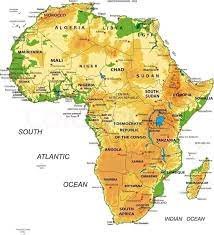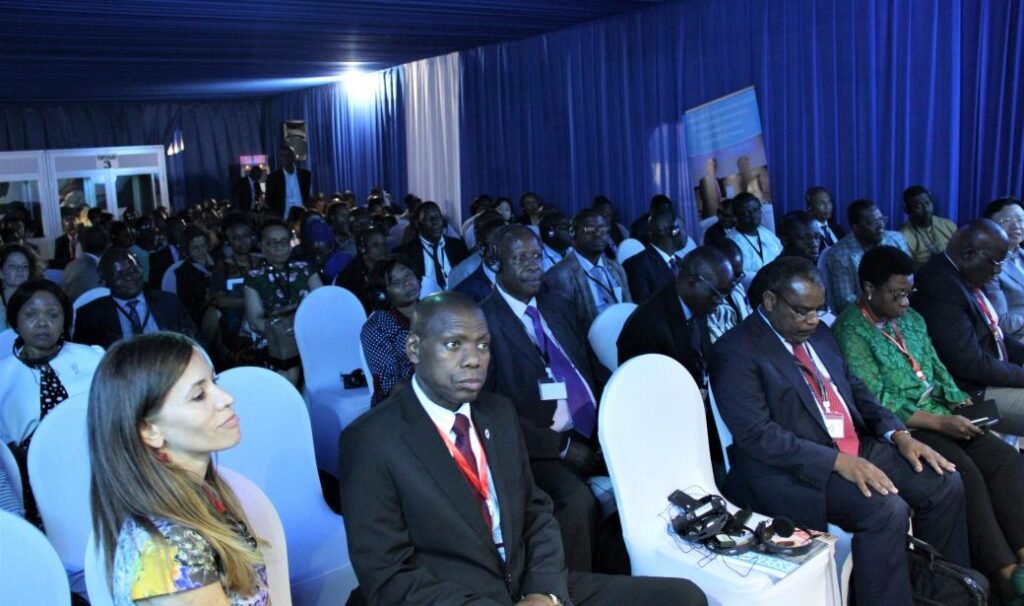Who We Are?
The Africa Policy Implementation Lab is a living Lab that is geared toward using technology such Virtual Collaborative Tools, (Virtual Reality Projects), Big Data Analytics, Machine Learning, and Artificial Intelligence among others in tracking decisions made at the African Union and Regional Economic Communities levels with the aim of ensuring full implementation. Through digital technology, the Lab will facilitate multi-stakeholders’ engagement with the processes geared toward the implementation of African Continental Free Trade Agreement.
The Policy Implementation Lab is pertinent because it will help address the problem of policy implementation in Africa. Over the years, lack of capacity for implementation of decisions have undermined development outcomes in Africa. The location of the Lab in a university will help to reduce the politicization of such initiatives if located in government departments or regional institutions.

FUNCTIONS
The Africa Policy Implementation Impact Lab will be charged with the following functions:
1. Using digital technology to track the decisions of the African Union and Regional Economic Communities towards the implementation of the African Continental Free Trade Agreement
3. Using digital technology to monitor the impacts of decisions reached at the African Union and Regional Economic Communities
5. Training of RECs staff towards building capacity for the implementation of AfCTA
7. Drawing experiences from other regional trade agreements outside Africa
9. Tracking the implementation of policies at regional and national levels
11. Facilitating civil society engagements in the implementation of trade and investment related policies
2. Using digital technology to help in building the capacity of national and regional bureaucrats in implementing decisions of African Union and regional economic communities
4. Using digital technology to help in building the capacity of national and regional bureaucrats in implementing decisions of African Union and regional economic communities
6. Boosting synergies between Regional Economic Communities and state parties to the African Continental Free Trade Agreement
8. Building policy implementation capacity of state parties to the African Continental Free Trade Agreement
10. Building capacity for trade and investment negotiations
12. Facilitating private sector involvement in the implementation of trade and investment related policies.
MAIN CLUSTERS OF AFRICAN IMPLEMENTATION POLICY IMPACT LAB

Apart from the core functions of helping to boost capacity for policy implementation, the Lab will be responsible for managing research portfolios in the following areas:
- Regional Integration and Industrialization
- African Continental Free Trade Agreement
- Innovation and Regional Integration
- Market Integration and Regional Trade Agreements
- Migration and Regional Integration
- Informal Economy and Regional Integration
- Cultural Integration
- Institutional Integration and Policy Convergence
- Regional Integration for Governance and Democratic Consolidation
- Regional and Global Value Chains through Industrialization
- Negotiations on regional and multilateral agreements
- Bilateral Trade Agreements
- Africa in the multilateral trading system
PARTNER LABS IN AFRICAN UNIVERSITIES
The Policy Implementation Impact Lab will work in partnership with partner universities in Botswana, Kenya, Nigeria, Tunisia and Cameroon. These countries are drawn from the five subregions of Africa. The partner universities will be selected based on criteria such as:
- Research capacity,
- Postgraduate programs in development economics or political economy,
- Institutional support and
- Provision of in-kind assistance


EXPECTED OUTCOMES
- Improved implementation of Policy Implementation at regional and national levels
- Development of capacity for implementation of treaties and protocols of the African Union and regional economic Communities
- Enhanced capacity of institutions at the African Union and Regional Economic Communities
- More involvement of stakeholders on regional integration issues in Africa Increased intra-African trade
- Increased participation of Africa in regional and global value chains
- Structural transformation of African economies
TECHNICAL PARTNERSHIP
Given the technicalities involved in key aspects of the Lab, technical partnership will be forged with United Nations Economic Commission for Africa, African Development Bank, the African Capacity Building Foundation in Africa, Universities in Africa, Centre for Governance and Public Management, Regulatory Governance Initiative and the Centre for Law and Trade Policy at Carleton University.
GOVERNANCE
The governance structure of the Lab will include the following: A Board of Directors made up of the coordinators of the various Labs, The Dean of the Faculty of Arts and Social Sciences, Dean Faculty of Public Affairs, The Director of the Institute of African Studies, The Director of Norman Paterson School of International Affairs, representative of the United Nations Economic Commission for Africa, representative of Panafstrag and Global Affairs Canada
